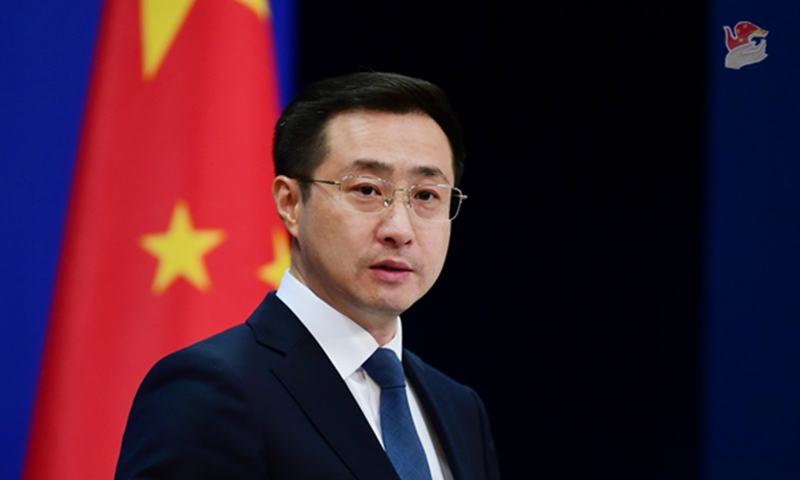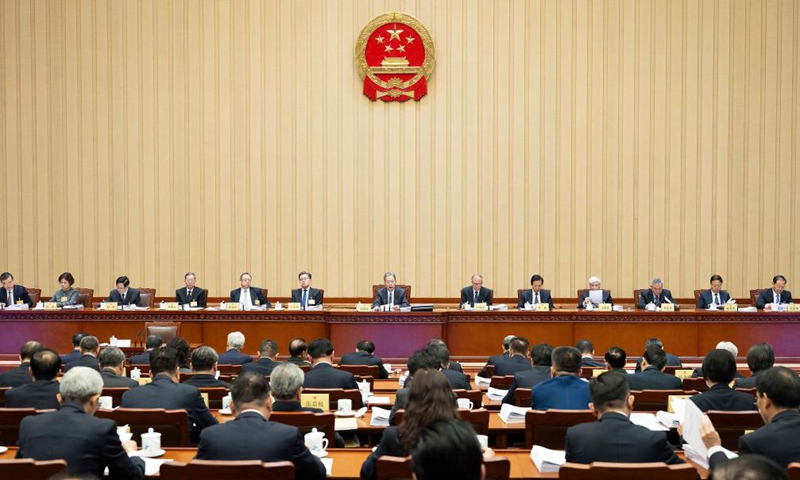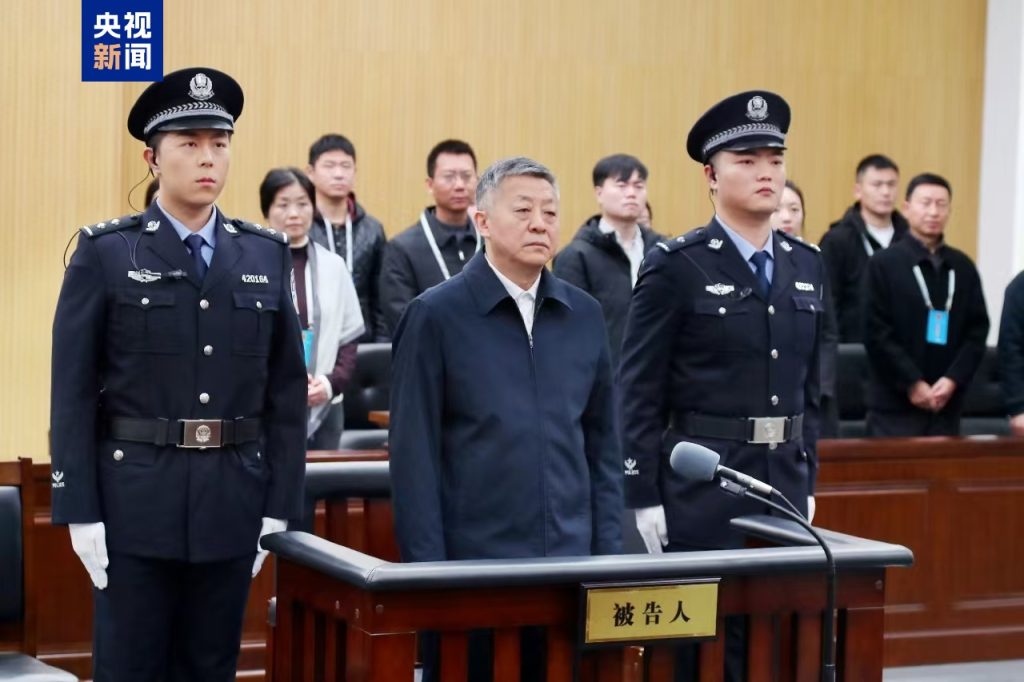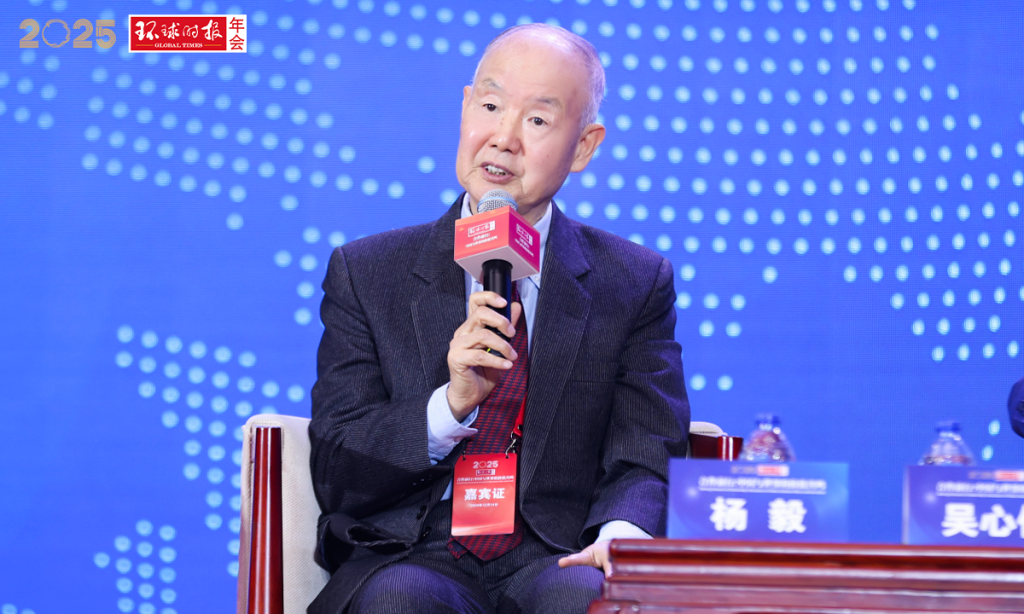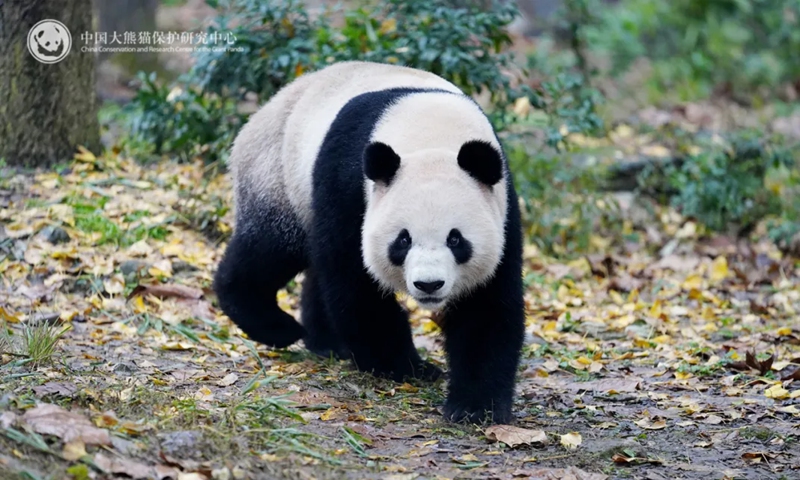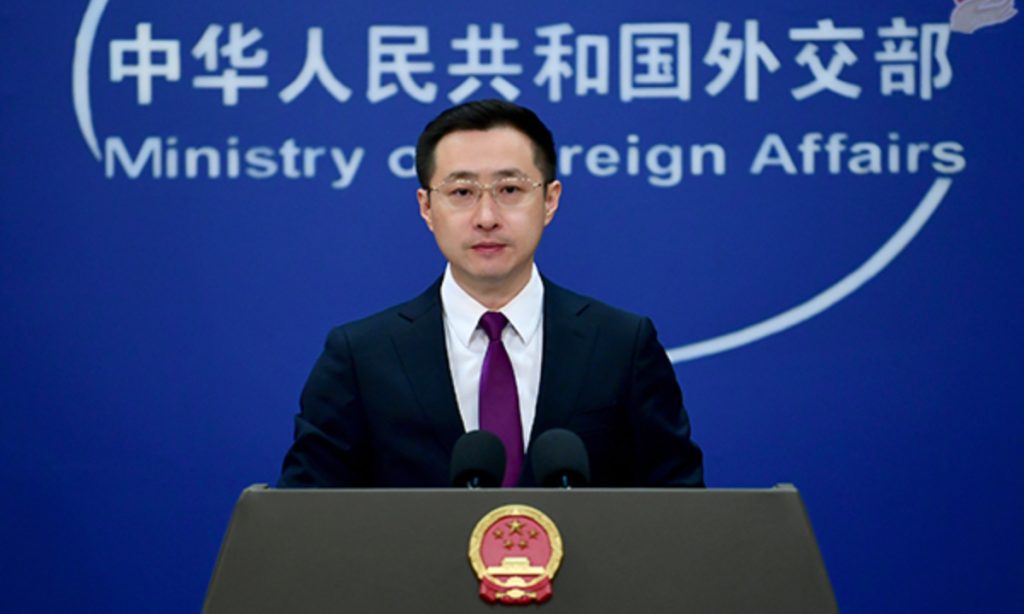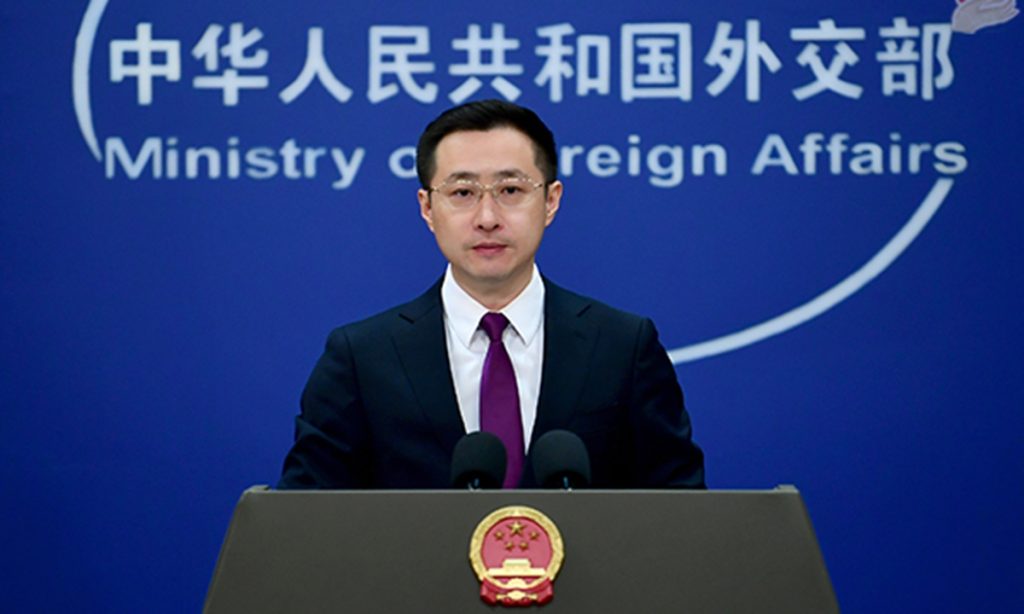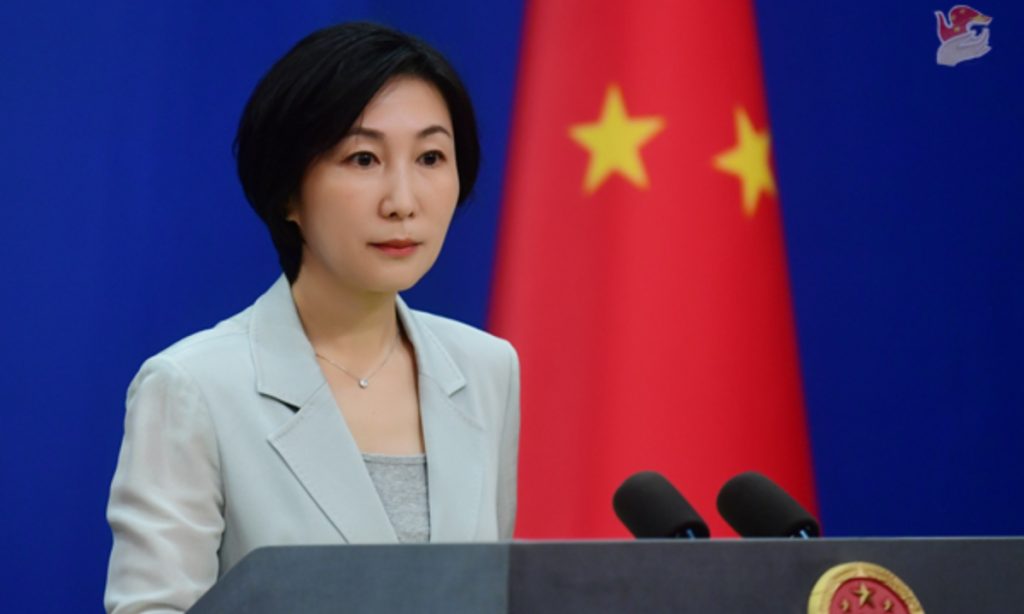Guangxi advances connectivity with high-speed rail construction, Longmen Bridge opens
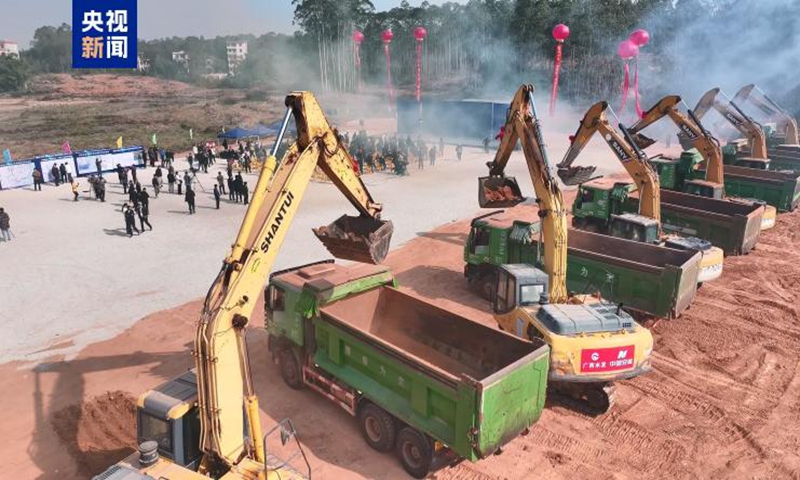
The Guangxi Zhuang Autonomous Region section of the Hepu-Zhanjiang High-Speed Railway began construction on Sunday. Upon its completion, it will become a convenient and fast channel to the Beibu Gulf Economic Zone, Pearl River Delta and Guangdong-Hong Kong-Macao Greater Bay Area (GBA), according to China Central Television (CCTV) on Sunday.
The Hepu-Zhanjiang High-Speed Railway is 139.33 kilometers long, designed for a speed of 350 kilometer per hour, with the Beihai section in Guangxi spanning 62.68 kilometers, CCTV reported.
Once completed, the railway will boost ties between the Beibu Gulf Economic Zone, the Pearl River Delta and the Yangtze River Delta strengthen east-west cooperation in Guangxi, support integration into new development patterns, and enhance its role as a strategic hub for the Guangdong-Hong Kong-Macao GBA and "dual-circulation" development pattern, according to the report.
Also, the Longmen Bridge in Guangxi, the longest sea-crossing bridge in the region, opened to traffic that same day, the Xinhua News Agency reported. After opening, the travel time between Fangchenggang Port and Qinzhou Port has been reduced from 1.5 hours to approximately 25 minutes.
Spanning a total length of 7.637 kilometers, the Longmen Bridge boasts a first-class, six-lane highway and a design speed of 100 kilometers per hour.
Besides the bridge, the opening of the Nanning-Yulin section of the Nanning-Zhuhai High-Speed Railway on Monday also marks Yulin's entry into the high-speed rail era. The fastest rail travel time between Nanning and Yulin has been reduced from one hour and 44 minutes to just 48 minutes, injecting new momentum into regional economic and social development, according to the People's Daily.
The Nanning-Zhuhai High-Speed Railway stretches from Nanning, Guangxi in the west to Zhuhai, Guangdong in the east, covering a total length of approximately 648 kilometers with a design speed of 350 kilometers an hour. The newly opened Nanning-Yulin section begins from Nanning East Station and ends at Yulin North Station, spanning a total of 193 kilometers.
Holding significant importance in the regional railway network, this section is a vital part of the rapid passenger transportation corridor connecting the Beibu Gulf Economic Zone and the Guangdong-Hong Kong-Macao GBA.
Upon operation, the project will further improve the regional rail network layout, greatly enhance travel convenience for residents along the route, and play a crucial role in promoting regional economic and social development, strengthening connectivity, and driving high-quality development in the Beibu Gulf Economic Zone.
As the only region in western China directly bordering the Guangdong-Hong Kong-Macao GBA and connected to it through land, sea, and river channels, Guangxi is leveraging its role as a "strategic hinterland" to accelerate integration with the GBA, according to Xinhua.
